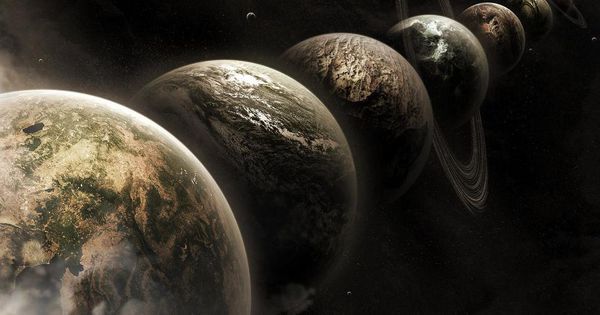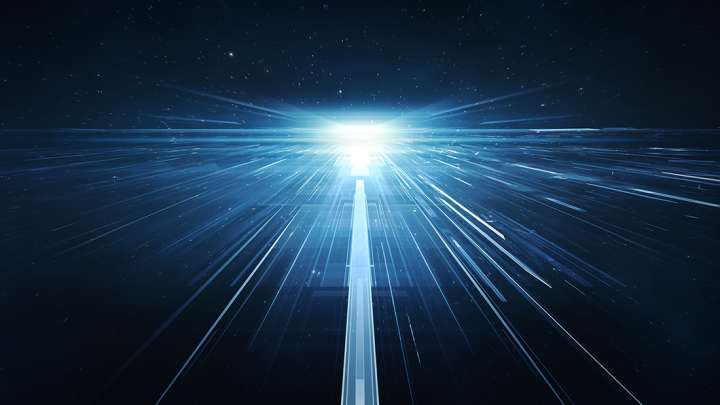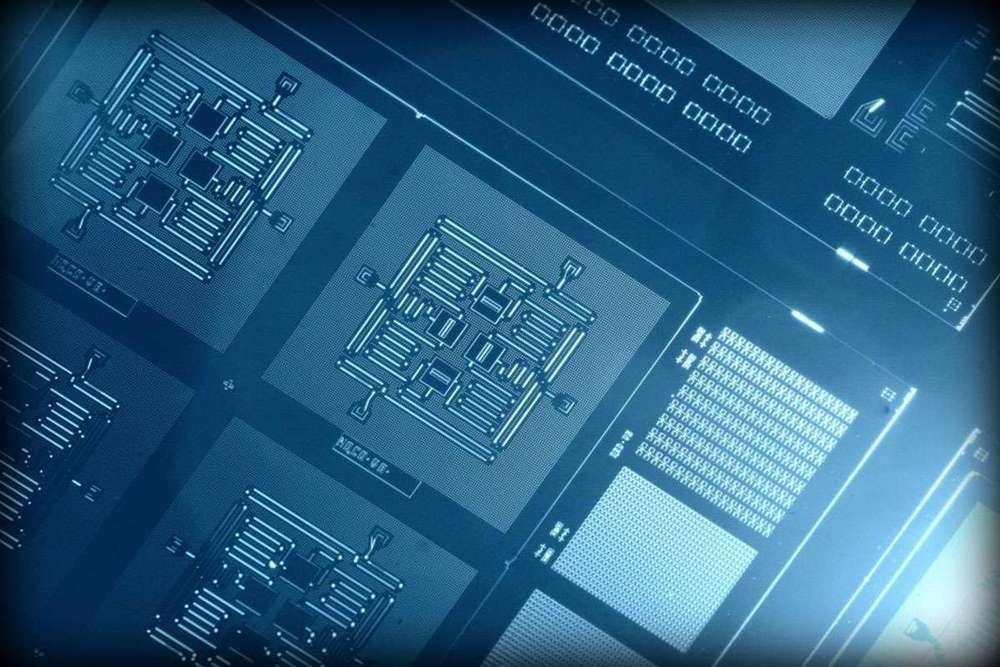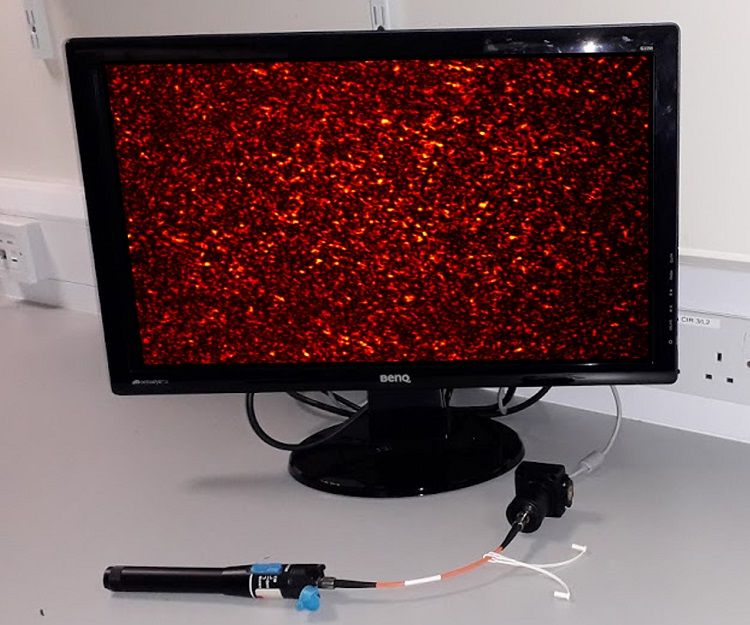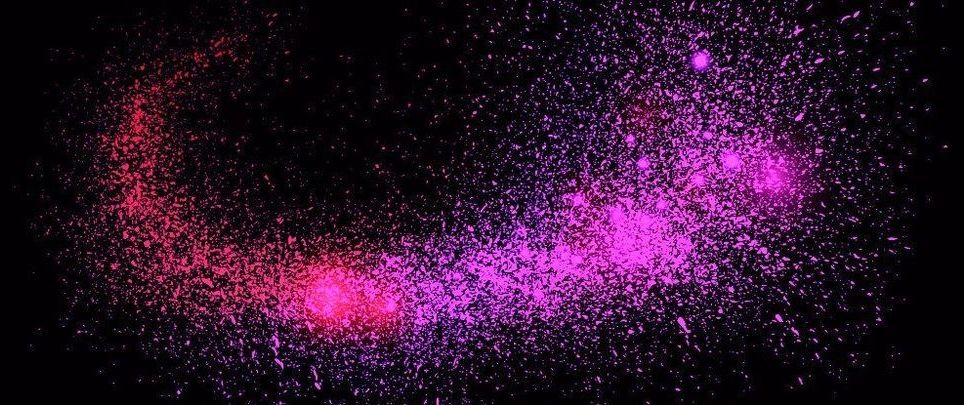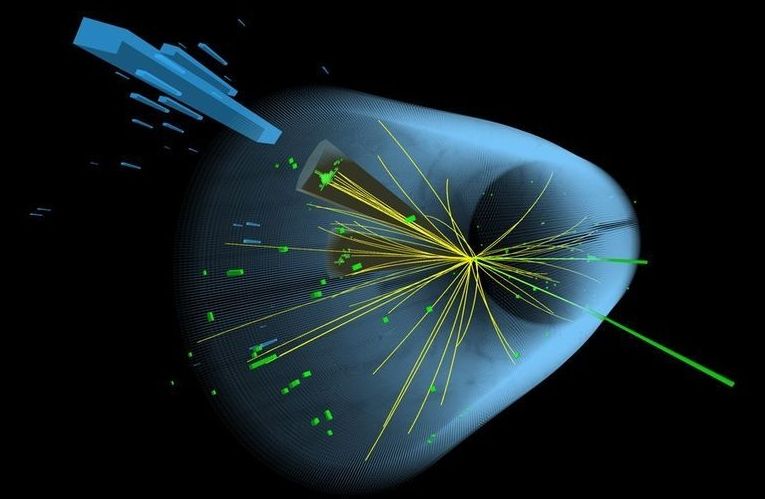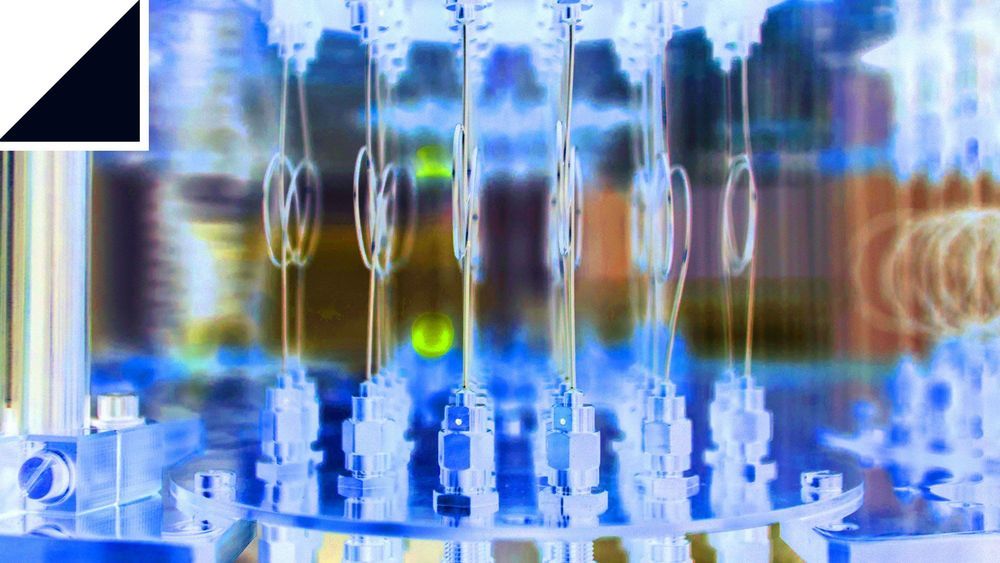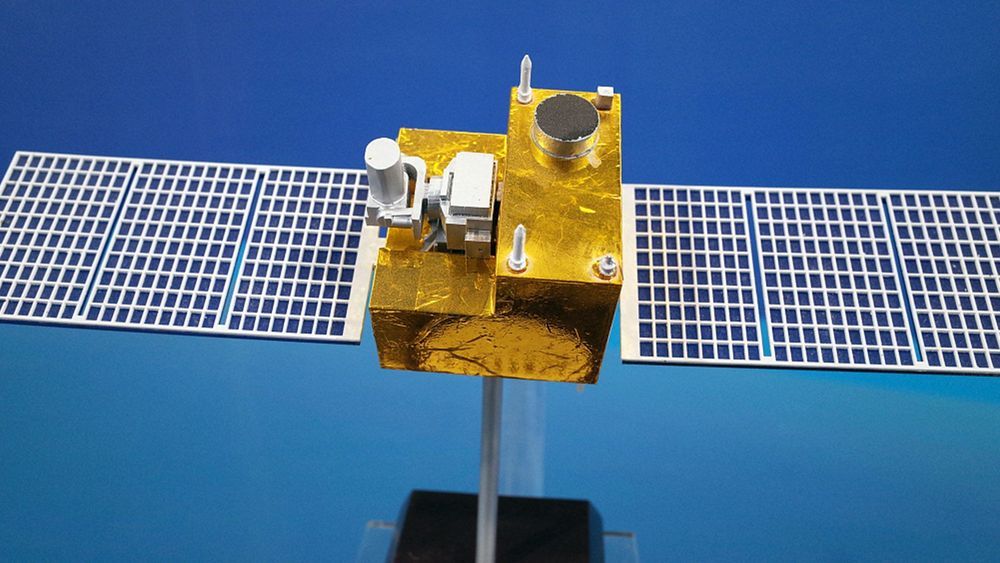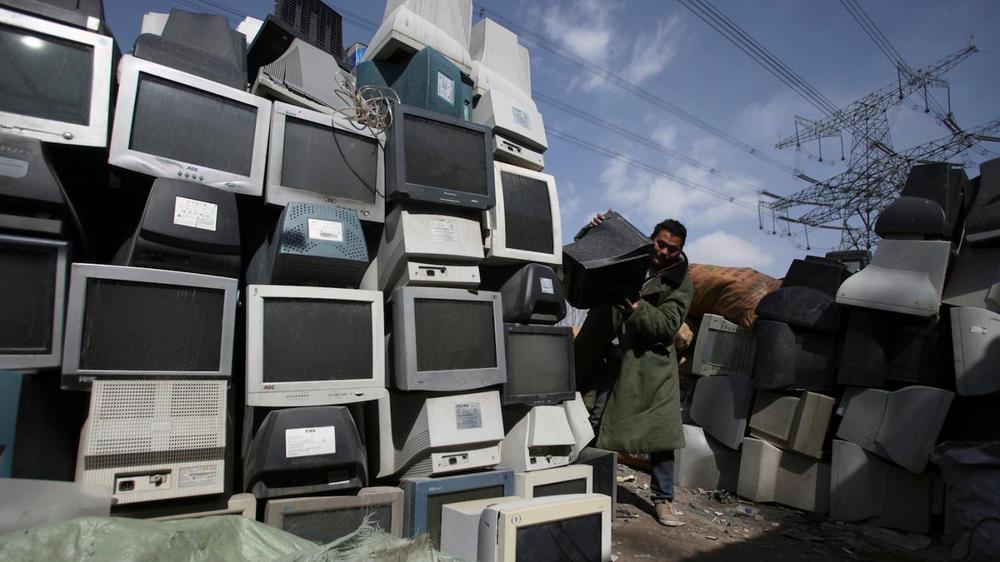Archive for the ‘quantum physics’ category: Page 640
Mar 14, 2019
Scientists Have “Reversed Time” Inside A Quantum Computer, And The Implications Are Huge
Posted by Quinn Sena in categories: computing, quantum physics
Time: it’s constantly running out and we never have enough of it. Some say it’s an illusion, some say it flies like an arrow. Well, this arrow of time is a big headache in physics. Why does time have a particular direction? And can such a direction be reversed?
A new study, published in Scientific Reports, is providing an important point of discussion on the subject. An international team of researchers has constructed a time-reversal program on a quantum computer, in an experiment that has huge implications for our understanding of quantum computing. Their approach also revealed something rather important: the time-reversal operation is so complex that it is extremely improbable, maybe impossible, for it to happen spontaneously in nature.
As far as laws of physics go, in many cases, there’s nothing to stop us going forward and backward in time. In certain quantum systems it is possible to create a time-reversal operation. Here, the team crafted a thought experiment based on a realistic scenario.
Mar 13, 2019
IBM made a quantum algorithm that could make AI more powerful
Posted by Genevieve Klien in categories: information science, quantum physics, robotics/AI
Artificial intelligence can automatically sort out data, but it struggles for some particularly complex datasets – a quantum algorithm could do better.
Mar 13, 2019
Don’t adjust your sets – new research could revolutionise fiber-optic communications
Posted by James Christian Smith in categories: innovation, quantum physics
A team of researchers from the University of St Andrews (St Andrews, Scotland) has achieved a breakthrough in the measurement of lasers that they say could revolutionize the future of fiber-optic communications. They also say the wavelength meter (or wavemeter) will boost optical and quantum sensing technology, enhance the performance of next-generation sensors, and expand the information-carrying capacity of fiber-optic networks.
A team of researchers from the University of St Andrews has achieved a breakthrough in the measurement of lasers which could revolutionise the future of fiber-optic communications.
The new research, published in Optics Letters (Wednesday 6 March), reveals the team of scientists has developed a low-cost and highly-sensitive device capable of measuring the wavelength of light with unprecedented accuracy.
Mar 12, 2019
New Quantum Physics Experiment Suggests That Reality Isn’t Objective
Posted by Mary Jain in categories: particle physics, quantum physics
A new quantum physics experiment just lent evidence to a mind-boggling idea that was previously limited to the realm of theory, according to the MIT Technology Review — that under the right conditions, two people can observe the same event, see two different things happen, and both be correct.
According to research shared to the preprint server arXiv on Tuesday, physicists from Heriot-Watt University demonstrated for the first time how two people can experience different realities by recreating a classic quantum physics thought experiment.
The experiment involves two people observing a single photon, the smallest quantifiable unit of light that can act as either a particle or a wave under different conditions.
Continue reading “New Quantum Physics Experiment Suggests That Reality Isn’t Objective” »
Mar 12, 2019
The Physics Still Hiding in the Higgs Boson
Posted by Quinn Sena in categories: cosmology, particle physics, quantum physics
But no other new particles have materialized at the LHC, leaving open many mysteries about the universe that the Standard Model doesn’t address. A debate has ensued over whether to build an even more enormous successor to the LHC — a proposed machine 100 kilometers in circumference, possibly in Switzerland or China — to continue the search for new physics.
Physicists say there’s much we can still learn from the Higgs boson itself. What’s known is that the particle’s existence confirms a 55-year-old theory about the origin of mass in the universe. Its discovery won the 2013 Nobel Prize for Peter Higgs and François Englert, two of six theorists who proposed this mass-generating mechanism in the 1960s. The mechanism involves a field permeating all of space. The Higgs particle is a ripple, or quantum fluctuation, in this Higgs field. Because quantum mechanics tangles up the particles and fields of nature, the presence of the Higgs field spills over into other quantum fields; it’s this coupling that gives their associated particles mass.
But physicists understand little about the omnipresent Higgs field, or the fateful moment in the early universe when it suddenly shifted from having zero value everywhere (or in other words, not existing) into its current, uniformly valued state. That shift, or “symmetry-breaking” event, instantly rendered quarks, electrons and many other fundamental particles massive, which led them to form atoms and all the other structures seen in the cosmos.
Continue reading “The Physics Still Hiding in the Higgs Boson” »
Mar 12, 2019
A quantum experiment suggests there’s no such thing as objective reality
Posted by Genevieve Klien in category: quantum physics
Physicists have long suspected that quantum mechanics allows two observers to experience different, conflicting realities. Now they’ve performed the first experiment that proves it.
Mar 12, 2019
Quantum physicists succeed in controlling energy losses and shifts
Posted by Quinn Sena in categories: computing, quantum physics
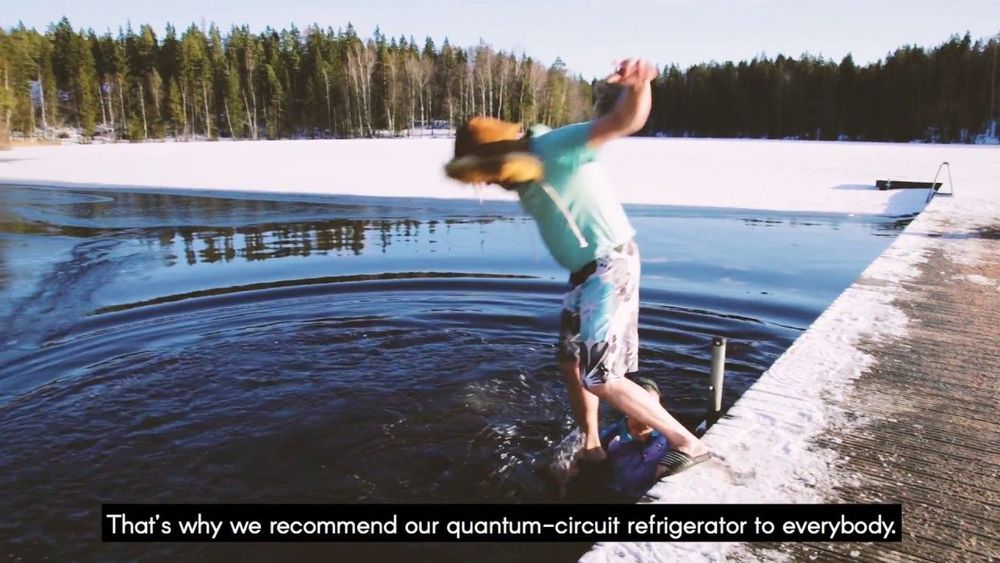
Quantum computers need to preserve quantum information for a long time to be able to crack important problems faster than a normal computer. Energy losses take the state of the qubit from one to zero, destroying stored quantum information at the same time. Consequently, scientists all over the globe have traditionally worked to remove all sources of energy loss—or dissipation—from these machines.
Dr. Mikko Mottonen from Aalto University and his research team have taken a different approach. “Years ago, we realized that quantum computers actually need dissipation to operate efficiently. The trick is to have it only when you need it,” he explains.
Continue reading “Quantum physicists succeed in controlling energy losses and shifts” »
Mar 12, 2019
China to develop a quantum satellite to provide 24h-service
Posted by Klaus Baldauf in categories: quantum physics, satellites
China plans to develop a medium-high-earth-orbit quantum communication satellite able to provide services around the clock in the next few years, Pan Jianwei, member of the 13th National Committee of the Chinese People’s Political Consultative Conference (CPPCC), told CGTN at the press conference for the second session of the 13th CPPCC National Committee on Sunday.
When asked about the future plan for quantum communication technology, Pan said his team is planning to design a new one to supplement the Mozi satellite, which can only function at night due to interference from the sun.
The nation launched its first quantum satellite in 2016. As the world’s first quantum communication satellite, Mozi is expected to provide a technical foundation for China to build a self-developed ultra-secure communication system.
